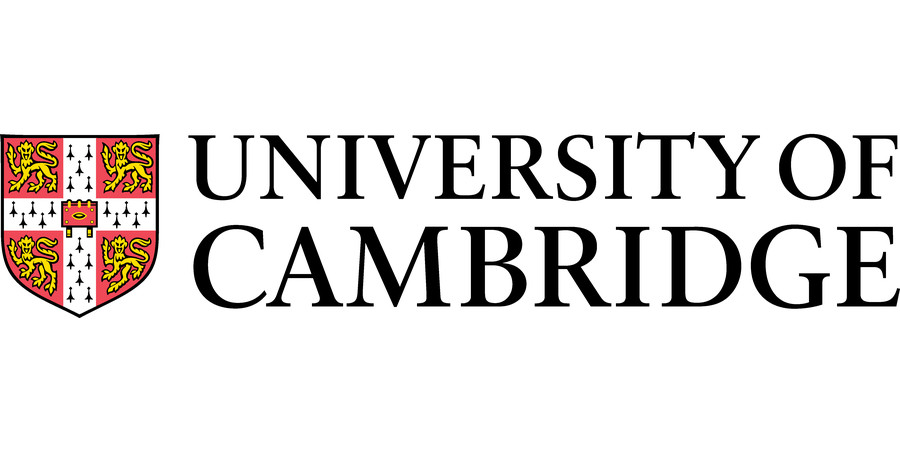PhD Studentship: Dissecting malignant cell-intrinsic and -extrinsic drivers of pancreatic cancer metastasis
University of Cambridge - Cancer Research UK Cambridge Institute
| Qualification Type: | PhD |
|---|---|
| Location: | Cambridge |
| Funding for: | UK Students, EU Students, International Students |
| Funding amount: | See advert for details |
| Hours: | Full Time |
| Placed On: | 8th September 2025 |
|---|---|
| Closes: | 17th October 2025 |
| Reference: | SW47202 |
Supervisor: Dr Giulia Biffi
For further information about the research group, please visit https://biffilab.wordpress.com.
Project details
Cancer-associated fibroblasts (CAFs) have been shown to promote pancreatic cancer progression. Our laboratory and others have demonstrated that CAFs are characterised by different populations that can differentially contribute to tumour growth, metastasis formation, therapy response and immunosuppression.
This research project will investigate the interplay between different CAF populations and malignant cells in pancreatic primary tumours and metastases with the goal to design combinatorial therapeutic approaches.
The project will involve the use of genetically complex organoid-derived transplantation mouse models of pancreatic cancer, novel genetically engineered mouse models for the depletion of different CAF populations, in vitro three-dimensional pancreatic tumour organoid/fibroblast co-culture models, CRISPR-based technologies, bulk and single-cell RNA-sequencing, flow cytometry, multiplex immunofluorescence, and standard molecular biology and biochemistry techniques. A computational component may also be available, depending on the skills and preference of the student but most of the project will be wet-lab-based.
References/further reading
1) Lloyd E.G., Jihad M., Manansala J.S., Li W., Cheng P.S.W., Mucciolo G., Zaccaria M., Pinto Teles S., Araos Henríquez J., Harish S., Brais R., Ashworth S., Luo W., Johnson P.M., Veghini L., Vallespinos M., Corbo V., Biffi G. SMAD4 and KRAS status shape malignant-stromal crosstalk in pancreatic cancer. Cancer Res (2025).
2) Mucciolo G., Araos Henríquez J., Jihad M., Pinto Teles S., Manansala J.S., Li W., Ashworth S., Lloyd E.G., Cheng P.S.W., Luo W., Anand A., Sawle A., Piskorz A., Biffi G. ¬EGFR-activated myofibroblasts promote metastasis of pancreatic cancer. Cancer Cell (2024).
3) Cheng P.S.W., Zaccaria M., Biffi G. Functional heterogeneity of fibroblasts in primary tumors and metastases. Trends in Cancer (2024).
4) Biffi G. and Tuveson DA. Diversity and Biology of Cancer-associated Fibroblasts. Physiol Rev (2021).
5) Biffi G, et al. IL1-Induced JAK/STAT Signaling Is Antagonized by TGFbeta to Shape CAF Heterogeneity in Pancreatic Ductal Adenocarcinoma. Cancer Discov (2019).
Preferred skills/knowledge
Applicants are expected to have laboratory experience in tissue culture and molecular biology techniques (e.g. RNA/protein analyses). Experience in mouse work, organoids, CRISPR, flow cytometry and computational skills is highly desirable. Please note that working with laboratory mice throughout the PhD is an essential requirement.
Funding
This four-year studentship includes full funding for University fees and an index-linked stipend starting at £22,500 for four years.
Please note: while funding is available to cover this position, applicants are also welcome to apply for other scholarships during the application process.
Eligibility
We welcome applications from both UK and overseas students.
Applications are invited from recent graduates or final-year undergraduates who hold or expect to gain a First/Upper Second Class degree (or equivalent) in a relevant subject from any recognised university worldwide.
Applicants with relevant research experience, gained through Master's study or while working in a laboratory, are strongly encouraged to apply.
How to apply
Please apply via the University Applicant Portal. For further information about the course and to access the Applicant Portal, click the 'Apply' button above.
You should select to commence study in October 2026.
Deadline
The closing date for applications is 17th October 2025, with interviews expected to take place in the week beginning 5th January 2026.
The University actively supports equality, diversity and inclusion and encourages applications from all sections of society.
The University has a responsibility to ensure that all employees are eligible to live and work in the UK.
Advert information
Type / Role:
Subject Area(s):
Location(s):









